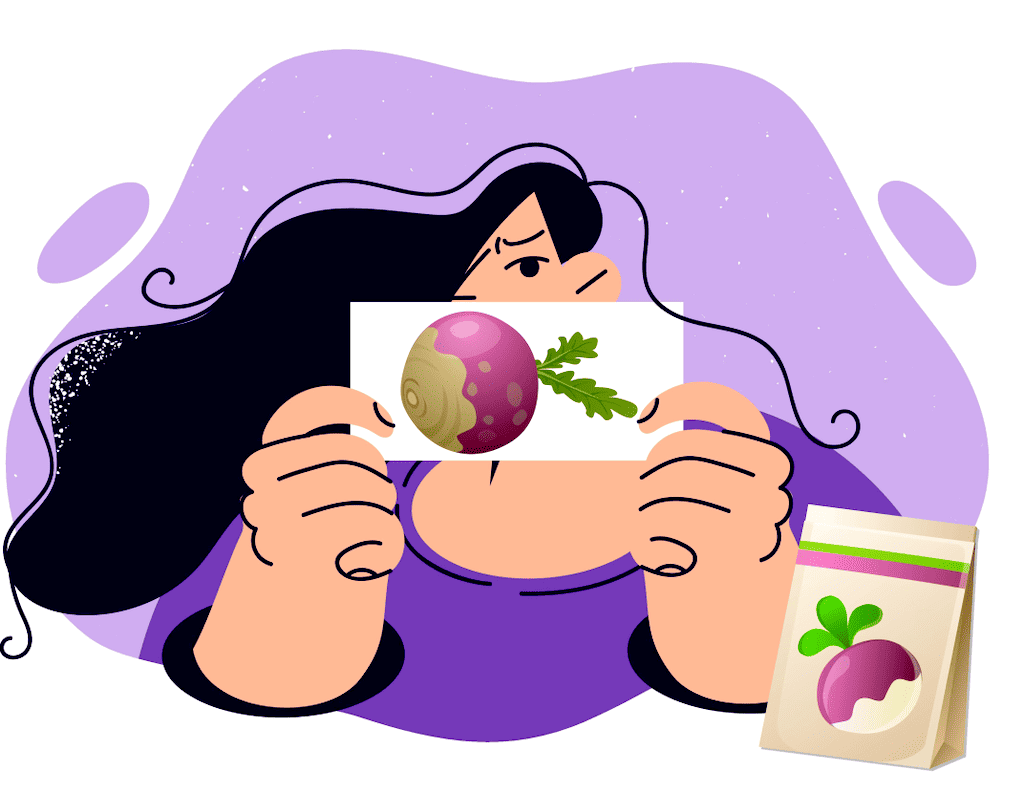The Fantastic Beet

BDD – GMD
I have a friend named John who claims to have a secret to staying healthy and never getting sick. According to him, it’s all due to his regular consumption of beets or beet powder. At first, we all thought it was just a coincidence or a personal belief, but his claims seemed valid over time.

John always had the energy to exercise and never complained of aches or pains. Even during cold and flu season, he remained healthy while everyone around him was falling ill.
Beets are considered a very healthy and nutritious vegetable. It contains vitamins, minerals, and bioactive compounds with various health benefits.
Beets are an excellent source of folate, vitamin C, vitamin B6, iron, magnesium, and manganese.
Fiber: Contains dietary fiber, which can aid digestion and maintain digestive system health.
Blood pressure: Some studies suggest that regular consumption of beet juice may help lower blood pressure due to the presence of natural nitrates.
Athletic performance: Nitrates present in beets may improve oxygen efficiency in the body, which may benefit physical performance, especially in athletic activities.
Brain health: Some preliminary studies suggest that certain beet compounds may positively affect brain health and cognitive function.
Weight control: Beets are low in calories and rich in nutrients, making them a healthy choice for those looking to control their weight.
The powder
Beetroot powder too contains micronutrients and phytonutrients that may benefit heart, gut, and brain health. Potential benefits include reducing inflammation, lowering blood pressure, improving gut health, and more.
People can add beetroot powder to sauces, smoothies, and dough. It has a mild, slightly sweet taste.
Some individuals may experience side effects from beetroot powder when consuming excessive amounts. Beetroot powder is rich in nitrates, but high nitrate levels in the body can cause potential adverse health consequences.
Learn about the benefits, side effects, and nutritional information of beetroot powder, as well as dosage and consumption tips.
Food manufacturers previously only used beetroot powder as a food additive. However, the different components of beetroot powder are receiving increasing attention for their biological activity.
Further research is necessary to describe the best way to take beetroot powder for its various health benefits. However, beetroot is a generally healthy addition to a person’s diet.
Lowers blood pressure
Research suggests that dietary nitrate from beetroot may play a role in lowering blood pressure. However, factors such as age and sex can influence the efficacy of beetroot to lower blood pressure.
High blood pressure can increase the risk of severe health conditions, including stroke and heart disease.
Improves gut health
A 2020 review found that beets have compounds that can improve gut health and support the growth of probiotics.
Betalain, a plant nutrient found in beetroot powder, helps reduce oxidative and nitrative stress. Oxidative and nitrative stress comes from the presence of reactive oxygen or nitrogen species in the body. These chemicals can damage cells and DNA.
Inflammation often accompanies oxidative and nitrative stress. When inflammation becomes chronic, people may develop long-term diseases such as obesity, autoimmune disorders, and diabetes.
Researchers say that antioxidants, such as betalain, search for free radicals in the body that can cause damage and counter their effects. They also help cells defend themselves from stressors.
Belatains in beetroot powder may also protect liver and kidney function.
Improves athletic performance
Beetroot powder may enhance athletic performance and decrease muscle soreness, according to a 2021 study.
Not all types of exercise benefit from consuming nitrate-rich foods like beetroot powder. It may benefit aerobic exercise, but researchers are still determining the exact mechanism that improves exercise performance.
Some theories recommend that beetroot powder regulates gene expression and cells’ mitochondria content and improves neuromuscular efficiency. However, further studies are needed to confirm these mechanisms.
Beetroot powder also contains biologically active plant nutrients called phytonutrients. These phytonutrients may play a role in lowering a person’s risk of chronic diseases.
Phytonutrients in beetroot powder include:
- betalains
- polyphenols
- flavonoids
- vitamins
- nitrate
Dosage
Determining the necessary dosage to gain the benefits of beetroot powder is challenging. Different products propose different doses to achieve various effects. These suggestions usually appear on the product label.
Some products may recommend 3–6 g of powder, while others suggest taking 2–3 teaspoons. On beetroot juice products — often intended for athletes — manufacturers may recommend drinking 140 milliliters per day.
The health benefits of listed doses can be influenced by various factors like age, health conditions, sex, and more.
Before trying beetroot powder, consult a healthcare professional, especially if you take other medications or have health conditions.
Side effects
The side effects of using beetroot powder are typically mild and temporary. However, consuming large amounts of beetroot powder increases the risk of having side effects.
People may have red or black colored stools and pink or red urine when eating more beets or beet products. These are usual side effects and are not harmful.
While side effects are typically mild, the proposed benefits of beetroot powder are not guaranteed.
Additionally, taking too much beetroot juice may increase blood levels of nitrates above the recommended amount. This can encourage the formation of N-nitroso compounds (NOCs), which can be carcinogenic chemicals that induce additional side effects.
However, further research is necessary to investigate this risk.
Doctors may advise people with low blood pressure to avoid beetroot powder because it can lower blood pressure.
People concerned about the side effects of beetroot powder can speak with a doctor before deciding to supplement.
Uses
People can buy beetroot in various forms.
It comes as a powder that people can add to sauces, gravies, soups, or beverages. Adding it to fresh pasta, pizza, or bread dough can dramatically change the color while providing various possible health benefits.
Beetroot smoothies may be a suitable way to get a large dose in the morning for breakfast.
Some athletes drink beetroot juice because manufacturers market their products specifically for improving athletic performance. These commercialized products may have other ingredients that people should be aware of, such as added sugar.
Is beetroot juice or beetroot powder better?
Dried, fresh, and puréed beetroot have higher amounts of phenolic compounds, flavonoids, and antioxidants compared to juiced or pickled beetroot.
The best form of processing may depend on the most palatable option for a person. Using beetroot powder instead of beetroot juice is a more convenient option for people who like to add it to their meals.
__________
🟡 🔴 🔵 REMEMBER
__________
Beetroot powder is a versatile food product that people can easily add to their diet. In moderate amounts, it is a generally safe food supplement.
More research is needed to fully understand the benefits of beetroot powder on chronic diseases, athletic performance, and overall health, despite existing studies on its advantages.
Researchers are still determining the mechanisms explaining the benefits of beetroot powder and the required dose to achieve these benefits.
__________
